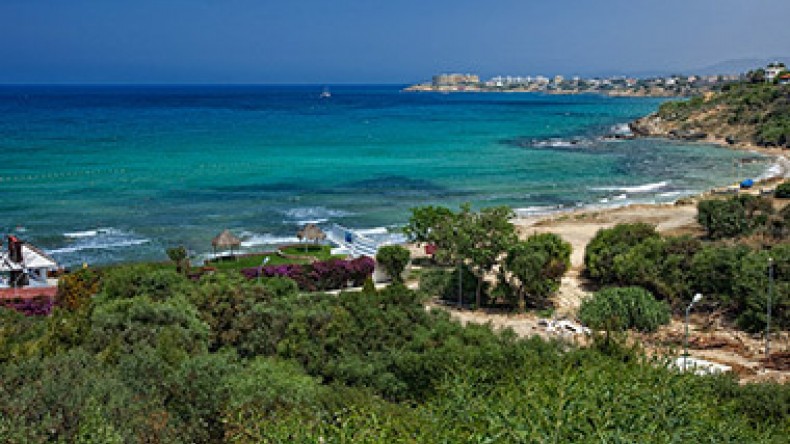
New contract between Turkey and Azerbaijan can lead to serious tensions with Cyprus
Turkey reached an agreement with Azerbaijan to start exploration in search of gas fields off the coast of the unrecognized Republic of Northern Cyprus, the Greek media write, as the Azerbaijani news portal "Haqqin.az" reports.
The material reminds that in the disputed waters of the Mediterranean Sea a large amount of gas condensate fields are supposed to be. The search for these fields leads to serious tensions between Turkey and Greek Cyprus. Earlier Cyprus had attracted Israeli gas exploration companies. In response, Turkey demanded from Cyprus to cease those activities immediately. Speaking at the UN General Assembly, the then Prime Minister of Turkey said that if Cyprus does not suspend these works, his country will take all the necessary steps.
Now, as noted in the article, the Greek media reports that Turkey and Azerbaijan have reached an agreement to lease two offshore platforms for gas exploration in the Mediterranean sea.
According to the article, the lease agreement of the two floating platforms was signed between Turkey and Azerbaijan last week.
"It is noteworthy that the Turkish state company TPAO asked the Azerbaijani side to provide a only one platform, but Azerbaijan stated about its willingness to provide two platforms at once," the article reads.
The portal notes that by providing such a service to Turkey, Azerbaijan hopes to get approval from the Turkish authorities on the further expansion of its energy projects in the country.
However, as noted in the article, the oil platforms, offered by Azerbaijan, are created by the outdated technology. One of them is created in the 80s and may conduct exploration at depths up to 600 meters. However, the gas field “Afrodita” is located at a depth of 700 meters. In order to carry out explorations on the “Onasagori” block machinery working at a depth of 800 meters is needed.
"In short, the equipment provided by Azerbaijan is unable to conduct exploration works at the desired depth," the article notes.
Newsfeed
Videos






























